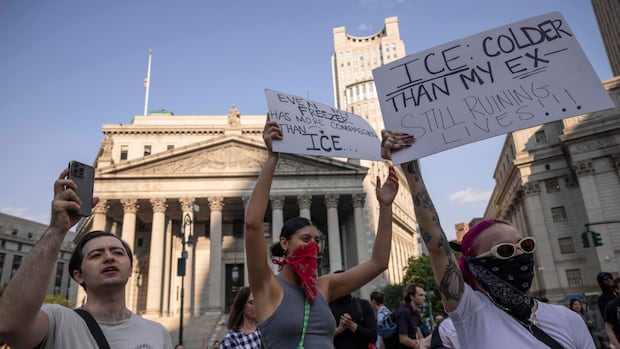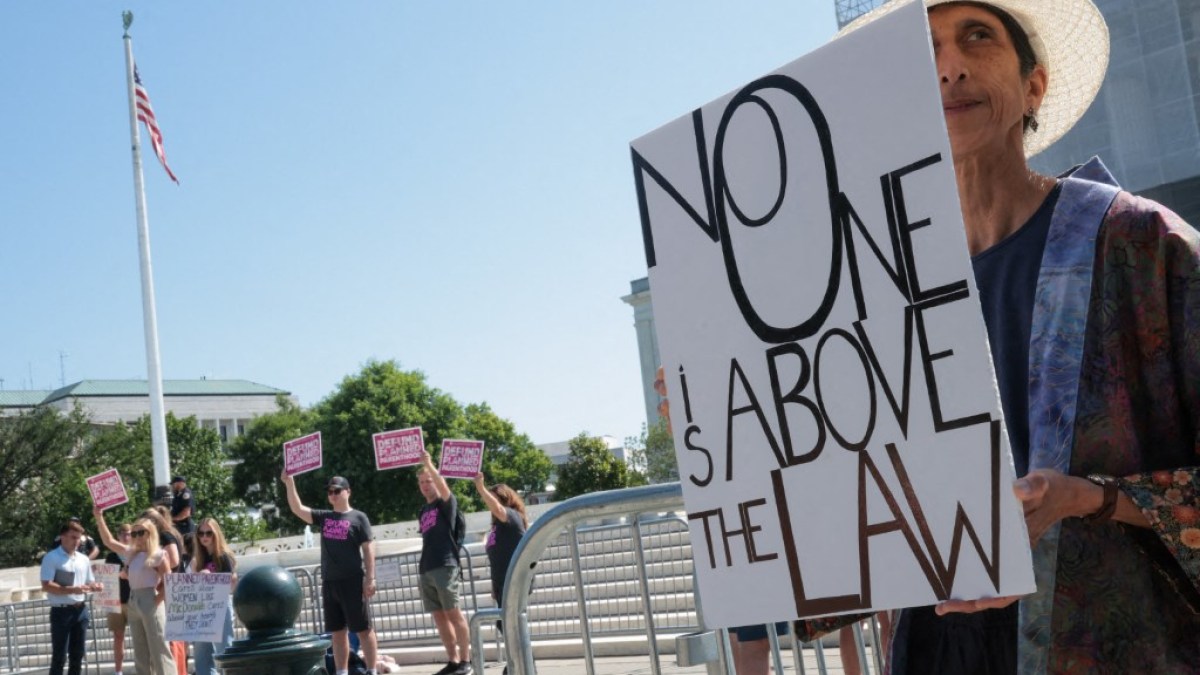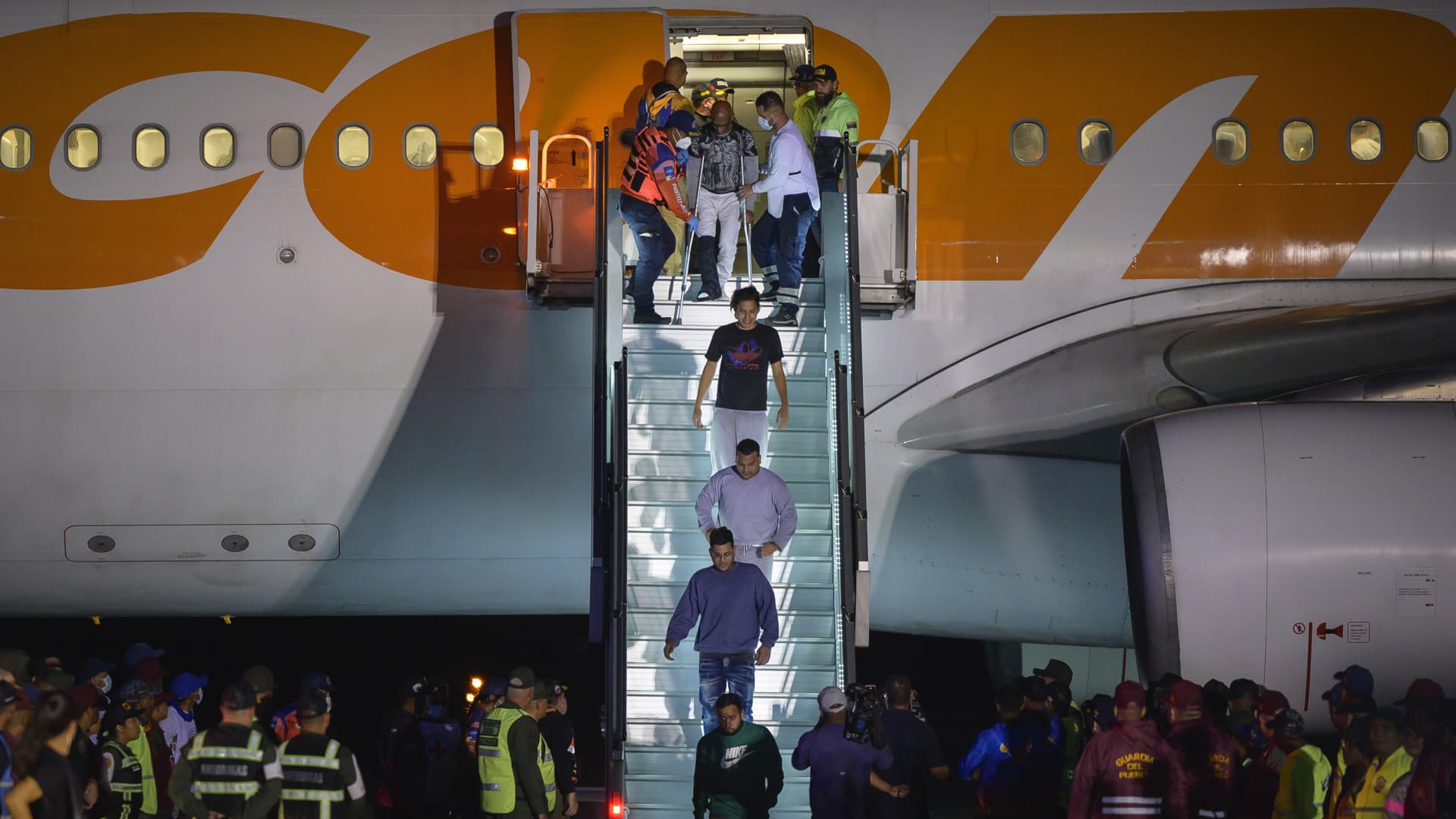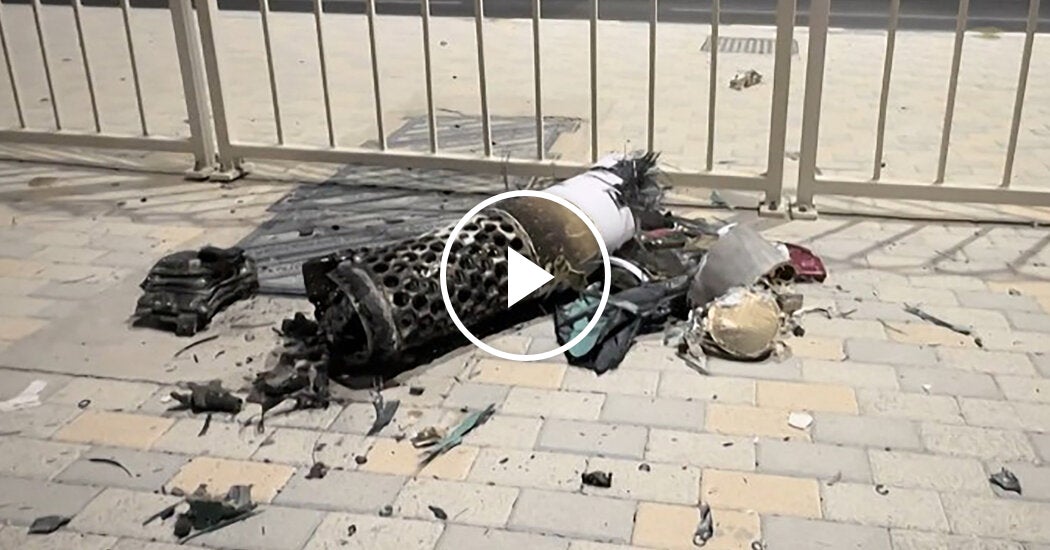The U.S. Supreme Court cleared the way on Monday for President Donald Trump’s administration to resume deporting migrants to countries other than their own without offering them a chance to show harms they could face, handing him another victory in his aggressive pursuit of mass deportations.
The justices lifted a judicial order that required the government to give migrants slated to be deported to so-called third countries a “meaningful opportunity” to tell officials they are at risk of torture at their new destination while a legal challenge plays out. Boston-based U.S. District Judge Brian Murphy had issued the order on April 18.
Monday’s Supreme Court’ decision was unsigned and came with no reasoning, as is common when the high court decides emergency requests.
In a sharply worded dissent, Justice Sonia Sotomayor, joined by the court’s two other liberal justices, criticized the majority’s decision, calling it a “gross abuse” of the court’s discretion and warning that the court’s action exposes “thousands to the risk of torture or death.”
“The government has made clear in word and deed that it feels itself unconstrained by law, free to deport anyone anywhere without notice or an opportunity to be heard,” she wrote in the dissent, joined by Justices Elena Kagan and Ketanji Brown Jackson..
U.S. Department of Homeland Security spokesperson Tricia McLaughlin suggested third-country deportations could restart soon. “Fire up the deportation planes,” she said in a statement, calling the decision “a victory for the safety and security of the American people.”
After the department moved in February to step up rapid deportations to third countries, immigrant rights groups filed a class-action lawsuit on behalf of a group of migrants seeking to prevent their removal to such places without notice and a chance to assert the harms they could face.
On May 21, Murphy found that the administration had violated his order mandating further procedures in trying to send a group of migrants to politically unstable South Sudan, a country that the U.S. State Department has warned Americans to avoid “due to crime, kidnapping and armed conflict.”
Ramifications ‘horrifying’: lawyer for migrants
The judge’s intervention prompted the U.S. government to keep the migrants at a military base in Djibouti, although U.S. officials later said one of the deportees, a man from Myanmar, would instead be deported to his home country. Of the other passengers who were on the flight, one is South Sudanese while the others are from Cuba, Mexico, Laos and Vietnam.
“The ramifications of [the] Supreme Court’s order will be horrifying,” said Trina Realmuto, executive director of the National Immigration Litigation Alliance, which is helping to represent the plaintiffs.
The decision “strips away critical due process protections that have been protecting our class members from torture and death,” Realmuto said.
Murphy had found that the administration’s policy of “executing third-country removals without providing notice and a meaningful opportunity to present fear-based claims” likely violates due process requirements under the U.S. Constitution.
Due process generally requires the government to provide notice and an opportunity for a hearing before taking certain adverse actions.
3rd-country option necessary, Trump administration argued
The administration, in its May 27 emergency filing to the Supreme Court, said that all of the South Sudan-destined migrants had committed “heinous crimes” in the United States, including murder, arson or armed robbery.
It also told the Supreme Court that its third-country policy already complied with due process and is critical for removing migrants who commit crimes because their countries of origin are often unwilling to take them back.
In March, the administration issued guidance saying that if a third country has given credible diplomatic assurance that it will not persecute or torture migrants, individuals may be deported there “without the need for further procedures.”
Without such assurance, if the migrant expresses fear of removal to that country, U.S. authorities would assess the likelihood of persecution or torture, possibly referring the person to an immigration court, according to the guidance.
Flood of cases
The dispute is the latest of many cases involving legal challenges to various Trump policies, including immigration, to have already reached the nation’s highest judicial body since he returned to office in January.
The Supreme Court in May let Trump end humanitarian programs that allowed hundreds of thousands of migrants to live and work in the U.S. temporarily. The justices, however, in April faulted the administration’s treatment of some targeted migrants as inadequate under the U.S. Constitution’s due process protections.
Front Burner27:41What exactly is ICE?
trump-administration-can-resume-deporting-migrants-to-3rd-countries-u-s-supreme-court-rules














Leave a Reply